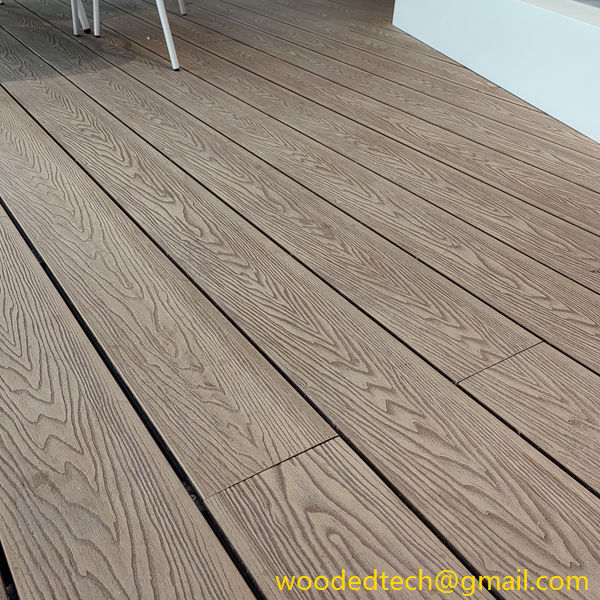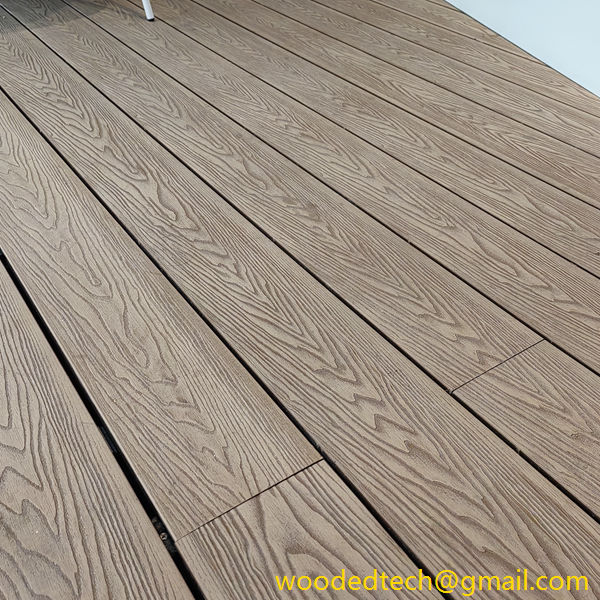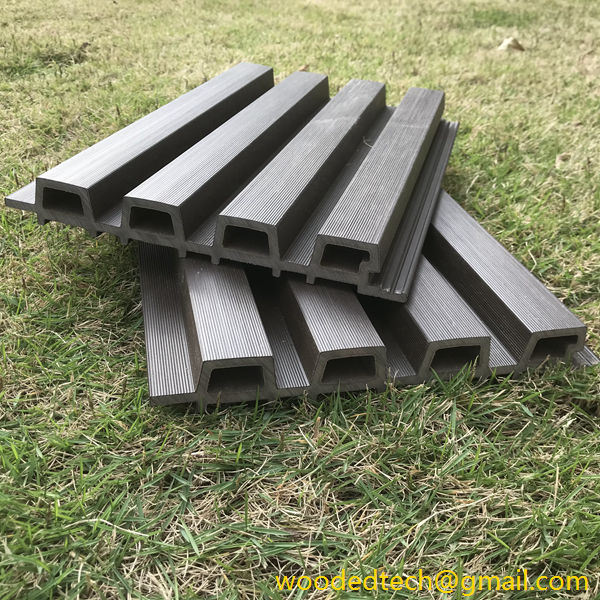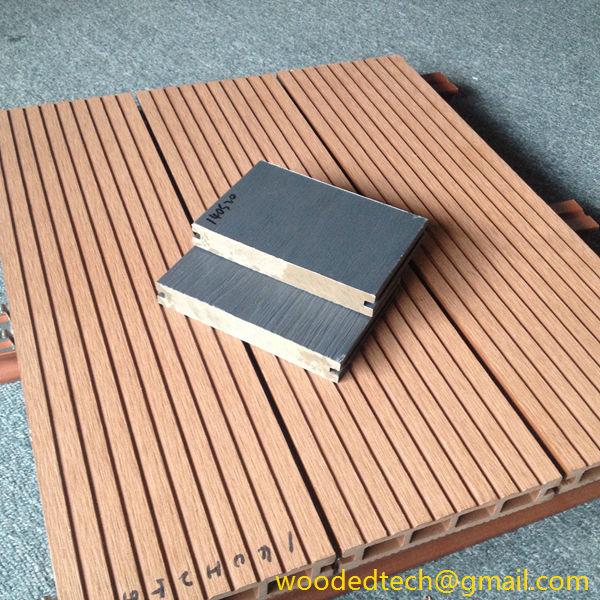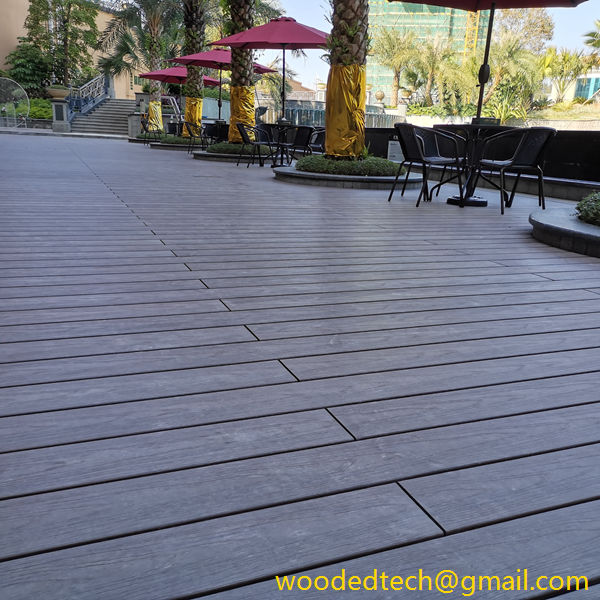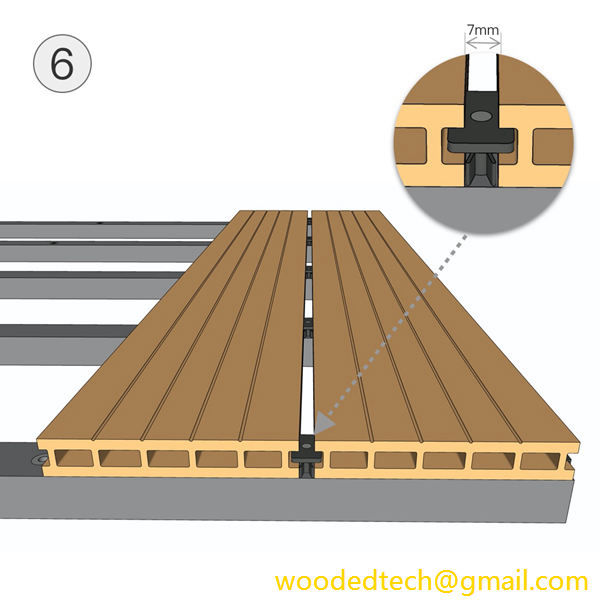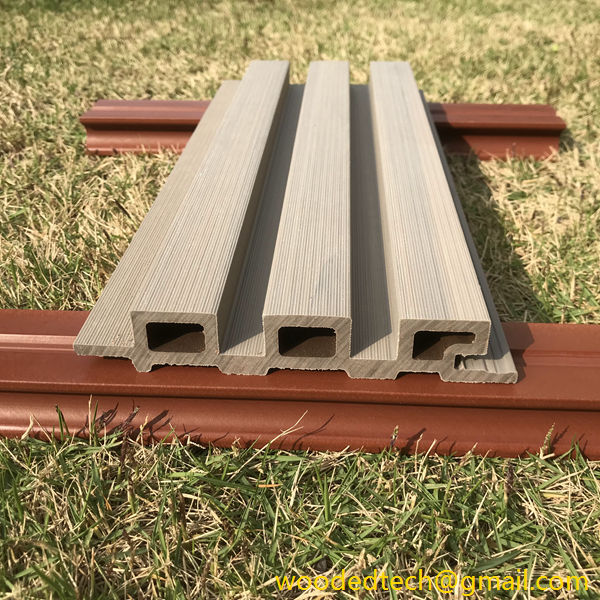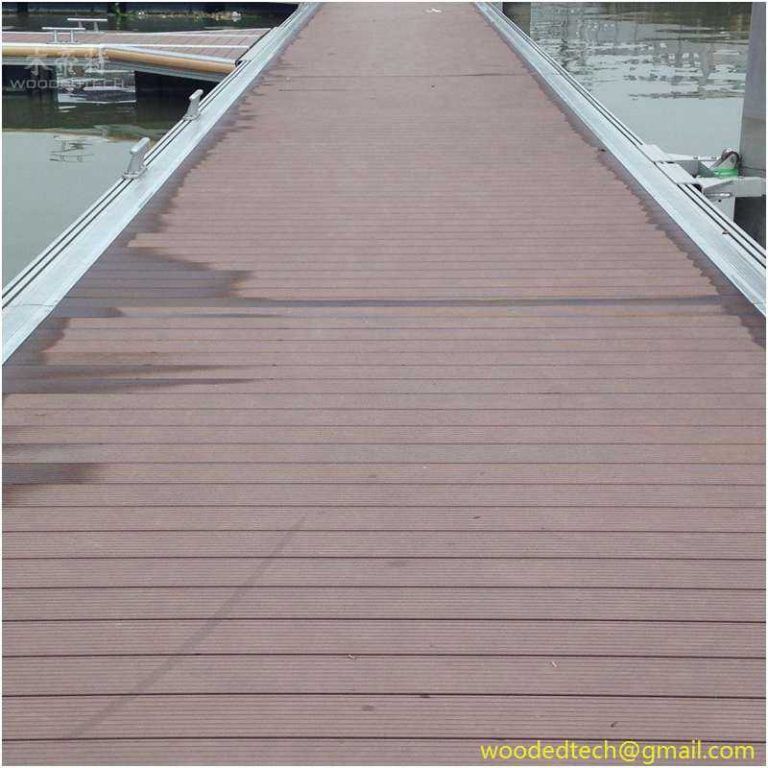Tips for Laying Composite Decking Like a Pro
Tips for Laying Composite Decking Like a Pro Laying composite decking can be a rewarding project, offering both beauty and functionality to outdoor spaces. With the growing popularity of composite materials, homeowners are increasingly opting for them as an alternative to traditional wood decking. Composite decking is not only aesthetically pleasing but also offers durability,…
Tips for Laying Composite Decking Like a Pro
Laying composite decking can be a rewarding project, offering both beauty and functionality to outdoor spaces. With the growing popularity of composite materials, homeowners are increasingly opting for them as an alternative to traditional wood decking. Composite decking is not only aesthetically pleasing but also offers durability, resistance to decay, and low maintenance requirements. If you’re considering a DIY project, here are some expert tips to help you lay composite decking like a pro.
First and foremost, preparation is key. Before you begin the installation process, take the time to plan your layout. This will help you avoid mistakes and ensure a seamless finish. Measure your outdoor space carefully and sketch a layout that details the dimensions and any obstacles, such as trees or existing structures. Make sure to account for the direction in which you want the decking boards to run, as this can significantly affect the overall appearance of your deck.
Once you have your layout figured out, it’s time to gather your materials. Composite decking comes in various colors and styles, so choose one that complements your home and landscape. Additionally, invest in high-quality fasteners that are specifically designed for composite materials. This is crucial because using the wrong type of fasteners can lead to issues such as warping or cracking. Make sure to check the manufacturer’s guidelines for recommended fasteners and installation techniques.
After gathering your materials, the next step is to prepare the ground where your decking will be laid. A solid foundation is essential for any deck. Start by clearing the area of debris, rocks, and vegetation. Depending on your local climate, you may also need to install a weed barrier to prevent unwanted growth beneath your deck. If your installation requires a frame, consider using pressure-treated wood or a composite material that can withstand the elements.
Once your foundation is ready, install the frame for your composite decking. The frame is typically made of treated lumber or aluminum, and it should be spaced appropriately to support the decking boards. A common spacing guideline is to place the joists 16 inches apart, but this may vary based on the specific type of composite decking you are using. Ensure that your frame is level; any unevenness can lead to an unstable deck.
Before laying the decking boards, it’s important to acclimate them to the outdoor environment. Composite materials can expand and contract with temperature changes, so allowing them to adjust to the local climate can prevent issues later on. Lay the boards out in the sun for a few hours before installation to help them reach a more stable temperature.
When it comes to laying the boards, start at one end of the deck and work your way toward the other. Ensure that the first board is perfectly aligned and level before securing it down. Use a spacer to maintain consistent gaps between the boards, which allows for proper drainage and prevents moisture buildup. A common gap size is about a quarter of an inch, but this may vary depending on the manufacturer’s recommendations.
As you secure the boards, be mindful of the installation pattern. Many homeowners opt for a staggered pattern for a more visually appealing look, but ensure that any seams are not lined up directly with the seams of the boards below. This will enhance the structural integrity of your deck and reduce the risk of sagging.
One of the significant advantages of composite decking is its low maintenance requirements. However, cleaning and maintaining it properly will prolong its lifespan and keep it looking fresh. After installation, consider applying a sealant designed for composite materials to protect it from stains and fading. This is especially important if you live in an area with intense sunlight or frequent rain.
Finally, don’t forget about the finishing touches. Adding railings, lighting, and furniture can significantly enhance the overall look and functionality of your deck. When selecting railings, ensure that they comply with local building codes for safety. Additionally, consider incorporating built-in seating or planters to maximize your outdoor space.
In conclusion, laying composite decking like a pro involves careful planning, preparation, and execution. By following these tips, you can create a beautiful and durable outdoor space that you and your family can enjoy for years to come. Whether you are a seasoned DIY enthusiast or a first-time installer, taking the time to understand the materials and techniques will result in a successful project. Embrace the satisfaction of completing your own decking installation and enjoy the benefits of your hard work in your new outdoor oasis.

